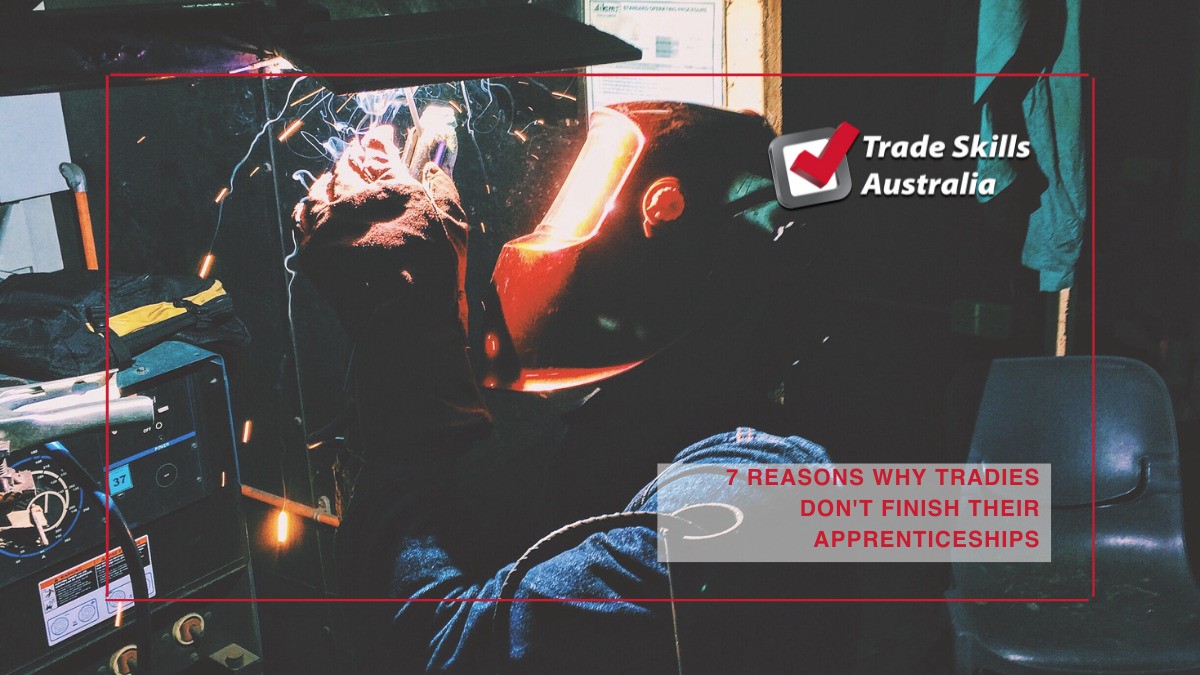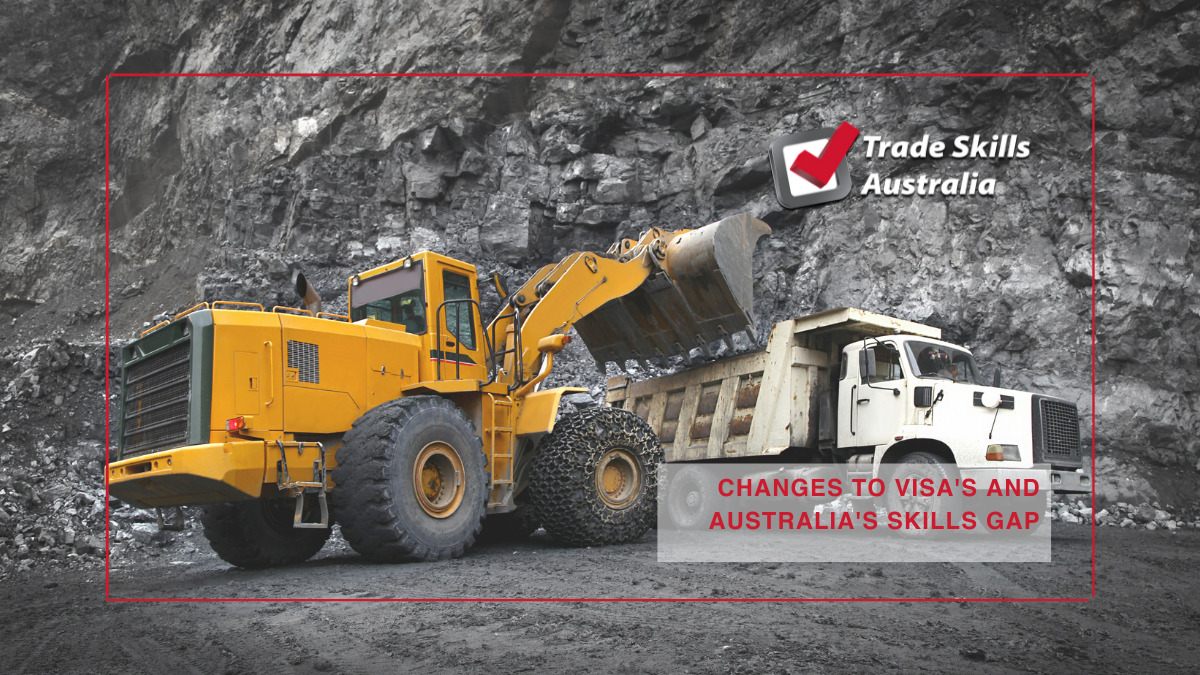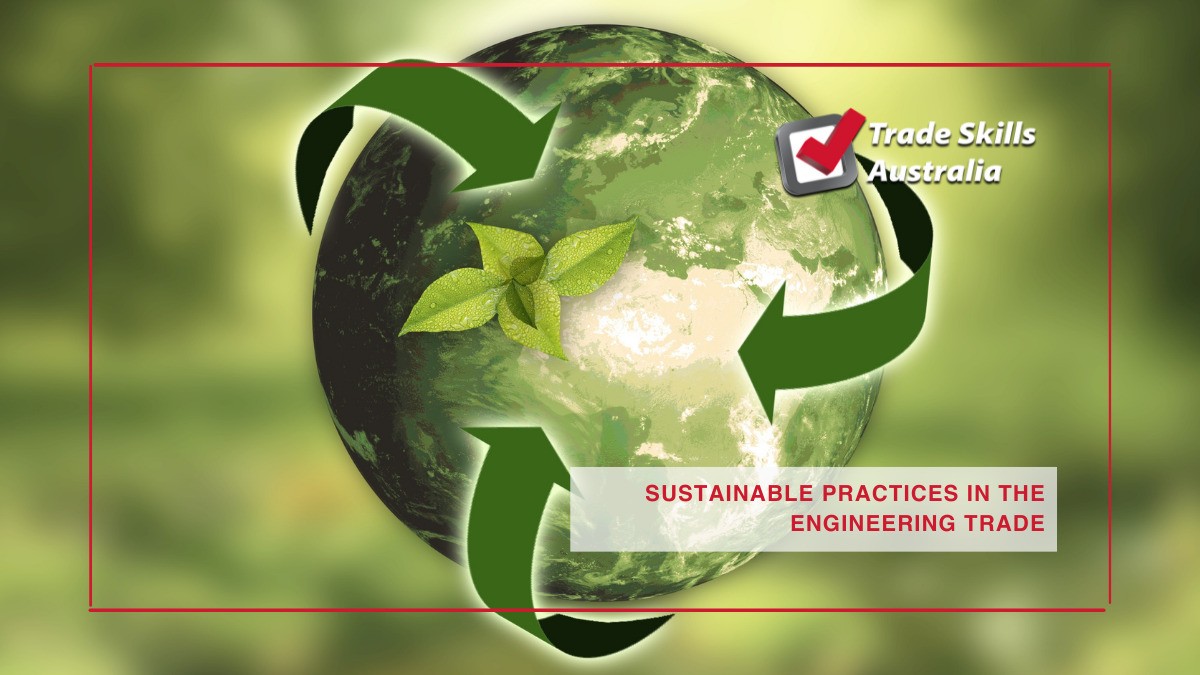7 Reasons why Tradies don’t Finish their Apprenticeships
OUR RESOURCES
7 Reasons why Tradies don’t Finish their Apprenticeships
At some point in our lives, there are things that may not turn out to be what we expected. Whether it is what we want or not, some things are just not meant to be. And this, too, goes with the apprenticeship.
In Australia, the apprenticeship is the start of building a career path. It combines time at work with training and can be completed full-time, part-time or while you are still at school. From community services and health, travel and tourism, communication and information technology, financial services, agriculture and horticulture, and government, you can land a better job position and qualification when you enter the apprenticeship.
Here are the benefits of getting an apprenticeship in Australia.
-
- You can earn a wage while learning a skill.
- Develop practical skills specific to the occupation or industry you are interested in
- Gain a nationally-recognised qualification which is the basis for further education and training over the course of your working life.
- Increase your value as a professional and qualified employee.
- And a whole lot more!
The traditional pathway to build a career is to enter an apprenticeship and complete 4 years of training to obtain a qualification. These qualifications are the basis to climb the ladder for a higher position – which means, higher salary and perks.
Without a doubt, an apprenticeship is the best way to start your career pathway. But, there are cases of non-completion of apprenticeship. According to a report, half of all tradies were not able to complete their apprenticeship contracts. At this high rate, there must be a reason for apprenticeship termination.
Luckily, we have here gathered the key REASONS why tradies do not finish their apprenticeship.
Loss of employment
We can not overstate the influence of the employer on the non-completion of apprenticeship. In fact, when the tradie lost his employment, the apprenticeship contract is now terminated. Losing employment may have key factors such as low performance at work, inefficiency, or just being unhappy in the job role or workplace. Added to these is the recurring pandemic that has adversely affected many businesses which impact the employment rate.
Started a family
Once the tradie started a family, priorities may shift including the career. Traditionally, a young family will have one of the couple who will be left at home to attend to the kids. Getting a nanny in Australia can be costly and not easy because of the requirements imposed by the government.
Didn’t like the trainer or trainer didn’t like the trainee
When there are issues arising between the trainer and trainee, the usual escape of the trainee is to leave the apprenticeship. One reason may be displeasure with the quality of the teaching or the treatment of the trainee in the classroom. It was common practice in the early 2000’s for trainers to encourage employers to terminate training contracts if the trainer didn’t like the trainee’s attitude towards the training or their work ethic.
Limitation in location
Some tradies that are into the mining industry may experience a limitation in location as the industry is traditionally located in a remote location or site. Getting an apprenticeship in a FIFO arrangement may be stressful due to the location of the site with implications such as longer time away from home or family, being alone, and etc. Similarly, some tradies may be located in a rural location and could not undertake a time to a trade school.
Outdated trade course
If the tradie was not provided with an informed choice, chances are they may be able to land an apprenticeship in the outdated trade course. The outdated trade course is not helping the tradie improve or build his career pathway. Some apprenticeships that started before 1998 may belong to an industry not considered as current. Thus, it is important to choose the best school so that you can ensure that you are on track to build a great career and qualies.
Unrecognised trades
If the trade is unrecognised, tradies may opt to just terminate the apprenticeship. Some trade courses were not recognised 5 years ago so you may need to check with your school. Otherwise, they will be wasting time, money, and effort over the years of training on the unrecognised trades.
Bonus!
Transitioned to another trade
Some tradies transitioned to another trade over the course of their career. For example, a mechanical fitter may shift to a diesel fitter or an automotive mechanic to a mobile plant mechanic.
PLUS — bonus bonus reason
Society needs change
Yes, that is right. If we want success, then society needs change, as well as the needs of the engineering trades industry to keep up with the needs of changing technology and human consumer habits.
Regardless of the reason for non-completion of apprenticeship, tradies should not be denied the opportunity to obtain the qualities they need for the job they deserve.
We at Trade Skills Australia ensure that every tradie will be given the opportunity to the job that matches their education and skills and starts building a great career. We understand the challenges that may come along with the apprenticeship but we are dedicated to providing excellent and intensive skills assessment services that help them gain better employment opportunities within Australia.
Is it time to get the job you want with the qualification you need? Contact us and find out how we can help you today!




